A toolkit for supporting staff in understanding decolonisation and featuring resources to aid its application to their own practice.
Resources required:
- Staff.
- Interns.
- Expertise.
Available evidence of impact:
- Adoption across the university and feedback and quotes from staff and students.
- Feedback from one of our interns provided the following feedback on the project, which increased our confidence that we had succeeded not only in creating a useful resource, but in going about that work in the right way: ‘Working on the decolonising the curriculum toolkit project enabled me to act on my agency, share my voice and be an integral part in shaping multiple decision making which the research team took. The team and myself developed and sustained a collaborative understanding and action planning towards the decolonial project at Exeter. In addition, the democratisation and distribution of power within the team was also an aspect which I also valued the most; as a result, knowledge production was co-created than solely owned by a specific individual. This is in itself a core aspect of what decolonisation is; dismantling power hierarchies to reach a democratic approach in how decisions are made, how knowledge is produced, and how individuals are valued and respected’.
Links to available resources:
- Introduction to Decolonisation
- Infographics from cross campus survey results of staff perception of engaging with decolonising, case studies, guidance documents, article.
- Decolonising Exeter – Teaching Toolkit: Project Summary
- Decolonising Exeter – Toolkit Overview
- Mapping Decolonisation in Geography – Project Summary 2021/2022
Implementation and potential challenges:
- The toolkit and mapping projects involved four interns and six staff (academic and professional services). It would be impossible to fully articulate how greatly the staff benefitted from the subject matter expertise, relevant skills, and networks of our interns, as well as their understanding of the student experience.
- Culture change – staff not being far ahead in terms of understanding what decolonisation means.
How to Use:
The toolkit consists of the following key resources:
- An institutional definition of ‘decolonising the curriculum’, arising from a university-wide discussion and consultation process.
- A suite of bespoke videos explaining decolonisation and the relevance of that concept to various aspects of education at the university.
- A summary of the toolkit research project, including infographics detailing the findings.
- Guidance for getting started with decolonisation.
- Case studies of decolonisation work being undertaken across the institution.
- Student-produced resources about decolonising research (particularly geared towards PGRs) 7. A list of further information (reading, videos, podcasts) for those who wish to do additional research.
- Contact details for people and groups undertaking decolonisation at the institution, and who can provide support to those looking to engage with this work.
- (under construction) A suite of bespoke artwork conveying ‘decolonisation’ and related concepts in a visual way, so as to make the topic more accessible to a wider range of community members.
- Case studies and guidance videos can be shared to demonstrate how decolonising the curriculum has taken place across various disciplines.




